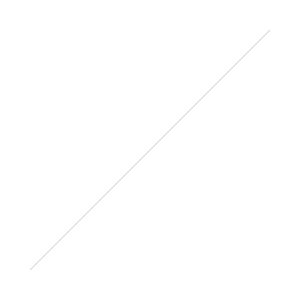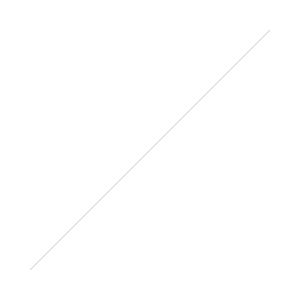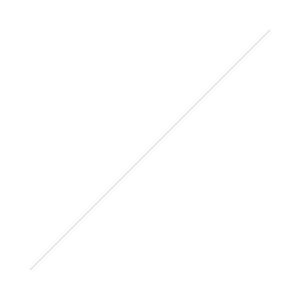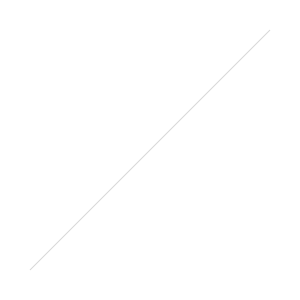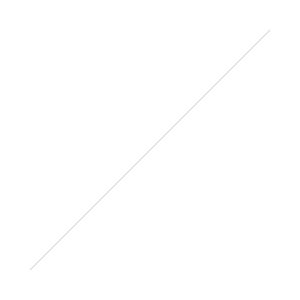The idea of choosing a focal length is an odd metaphor for anything but photography. It may feel completely disconnected, and you may be right, but if you read on I’ll try to show you the parallel that’s been revealed for me. Choosing the focal length for a camera isn’t something the average person who's not involved in photography or video typically thinks about, so allow me to explain a few basics.
Focal length is the factor in photography which chooses what you focus on. It’s the “zooming” part of the lens (if your lens has that). The basic principle you need to understand is that it helps you define what you are able to capture within the confines of the viewable space in your shot. It not only allows you to focus on what is most important, but also removes what is seemingly not as important.
To cite a few examples of various lenses for context let’s say a 50mm lens is depicting real life as we see it. Theoretically it’s exactly what our eyes see. (For all of you smarty pants kids out there who right now are thinking “that’s not what a 50mm does” I realize this is not entirely accurate but for the purpose of example, work with me here.)
Let’s then say that a 500mm zoom lens, or maybe a macro lens (pick your favorite) allows you to zoom into the very small detail of something. It allows you to get so close to something that you are able to see the individual hairs on a fly’s leg. Or it lets you zoom across the street to see what your neighbor in the building across the street is reading on his iPad at the breakfast table (weird example, sorry).
Lastly, imagine you have a like a 14mm fisheye lens that lets you see almost 180° both vertically and horizontally. While it allows you to see more things than maybe your human eyes could actually see, in order for it to give you this magical gift of more, it has to distort reality to fit it all into this confined space. While it’s useful in some applications, it’s not always a “more is better” situation.
My goodness, I can’t believe you are still reading this mind rant. Thanks for sticking around, I promise this has a point.
So we as designers, as artists, as creatives, are tasked with the choice of choosing the lens for our audience or clients. They all have a camera, and we are to choose what they see. What we want them to focus on. We are supposed to decide when they need to see the big picture (14mm fisheye), they can just see it as it is (50mm) or when they need to have laser focus on a minute detail (macro/zoom). We don’t just do this to be control freaks (although some see that as the goal) but we do this to help provide clarity and context. To bring understanding, and to help people know their part in something.
So how do we know when to use which focal length?
What if we all we did was show people what we saw? What if we just gave them the 50mm view. It would feel like our point and shoot 50mm lens family photos that everyone takes but no one really wants to go back and look at. It’s just a “oh that’s nice ” but it really brings no intrigue, no mystery. It doesn’t inform or delight. It’s just “normal” and not intriguing. So much around us is “normal” so why would we choose more of that?
We want to be engaged in something that captures us, not just whatever is in front of us.
If we were to always use the macro/zoom lens, even though it provides lots of detail and helps bring understanding of a small part, it can be very confusing because it lacks context. We wouldn’t know how this small part relates to the bigger whole because it’s possibly too intricate. If you only saw the fly’s leg hair, you’d have no idea it was a fly’s leg hair and not just the leg hair off your Uncle Remus in his glory days of high school when the roads weren’t paved. Does that make sense?
Knowing the details of something, while maybe fun to look at, is pointless if you have no context for what you’re looking at.
Lastly, in the same way by only using the fisheye lens, while giving you a view of a lot more stuff and showing you context for where things are, it has to distort the image to do so. It has to take everything that you wouldn’t normally see, and bring it into a view where there’s more information than is needed. This effect is usually used to assure that “nothing that could be seen is missed” but it’s typically not necessary for normal use. It brings in more information, but because it distorts so much, it starts to feel overwhelming, like it’s too much at once. Though the fisheye has a way of bringing in more information, it doesn’t help bring any understanding other than being able to see everything, but removes the ability to differentiate from what doesn’t matter and what does.
In a situation where clarity is key, showing someone too many things clouds what you truly want them to foucs on.
Our audiences are asking us to choose their lens for them whether they realize it or not. We can’t ask them what they want, because most of the time they don’t know. We are here to help them. To assist, to bring clarity, to surprise, to delight, to bring focus, to remove distraction. We do this so that what truly matters can be at the forefront in a memorable and inspiring way.
These are all extreme cases, and somewhere in all of this you have to find the happy place for your project, whatever it may be. Choosing the focal length is a big responsibility. It takes understanding your audience, honing your skills, and it’s something that isn't just “figured out” and then you’re done. It’s a tension to be managed. It will forever require extra thought and empathy. There is no formula, there are no rules. But when you get it right you will know it, and when you get it wrong, everyone will miss what matters. No pressure.
Learn through processes, learn from experience, learn from failures (lots of them), learn from people more wise and seasoned than you, learn by accident, learn by research, learn by doing, learn from teaching someone else what you are learning. Bottom line, keep learning how to choose the right focal length for your project and for those who are depending on you to show them what matters.

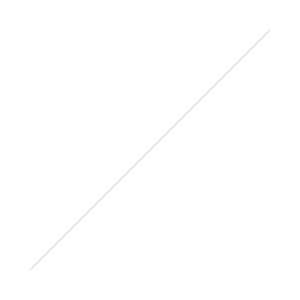
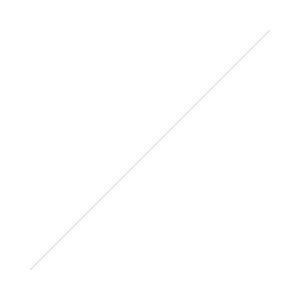
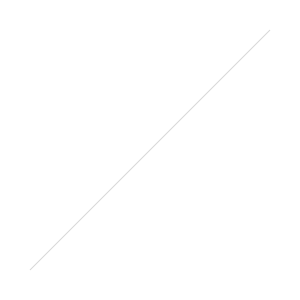 Divvy, by Mizage, is a great app that uses a combination of the keyboard and mouse. According to their Website Divvy is an entirely new way of managing your workspace. It allows you to quickly and efficiently "divvy up" your screen into exact portions. I use this one mostly on my MacPro with the two 27" displays, simply because something like cinch which can only split or full screen the windows is a bit ridiculous. I mean, I like looking at a Web site super wide, but that's also a lie.
Divvy, by Mizage, is a great app that uses a combination of the keyboard and mouse. According to their Website Divvy is an entirely new way of managing your workspace. It allows you to quickly and efficiently "divvy up" your screen into exact portions. I use this one mostly on my MacPro with the two 27" displays, simply because something like cinch which can only split or full screen the windows is a bit ridiculous. I mean, I like looking at a Web site super wide, but that's also a lie.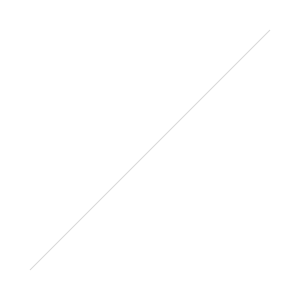 SizeWell is a little bit different than the other two I've mentioned because it addresses the uselessness of the "little green button" in OS X. Now it's able to do that system wide by acting as a SIMBL plugin rather than being a standalone app. It is one I probably use the most since it is riddled with a laundry list of helpful keyboard commands for many common locations for windows. It also can handle zooming and the scaling of windows as well, and it's one you definitely need to see in action to have a full grasp of it's potential. Check out the demo:
SizeWell is a little bit different than the other two I've mentioned because it addresses the uselessness of the "little green button" in OS X. Now it's able to do that system wide by acting as a SIMBL plugin rather than being a standalone app. It is one I probably use the most since it is riddled with a laundry list of helpful keyboard commands for many common locations for windows. It also can handle zooming and the scaling of windows as well, and it's one you definitely need to see in action to have a full grasp of it's potential. Check out the demo: 